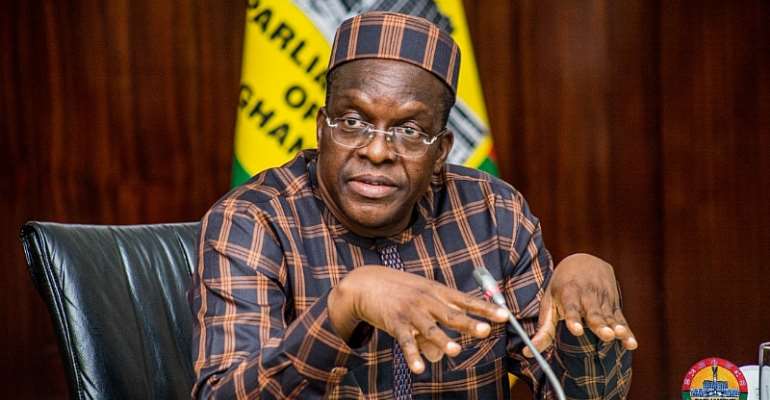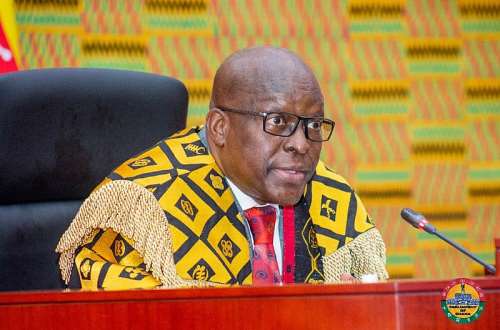

Alban Bagbin, the Speaker of the Parliament of Ghana, has made several rulings since his election that have sparked significant controversy.
His rulings reflect the complex and often contentious nature of Ghanaian parliamentary politics under Speaker Bagbin’s leadership.
His decisions have had significant implications for the legislative process and the broader political landscape in Ghana.
Here are five notable rulings by Bagbin that sparked controversy:
- Rejection of the 2022 budget:
In November 2021, Bagbin presided over a parliamentary session that saw the rejection of the 2022 budget statement.
With the National Democratic Congress (NDC) MPs walking out, the remaining Members of Parliament (MPs) from the New Patriotic Party (NPP) could not meet the quorum required for a valid vote.
This ruling led to a constitutional debate, with the NPP challenging its legality and accusing Bagbin of bias.
- Handling of the E-Levy debate:
During the intense debate over the controversial Electronic Transactions Levy (E-Levy), Bagbin’s decision to suspend and later adjourn sessions was heavily criticised.
His rulings were seen by some as favouring the opposition’s position and caused significant delays in the legislative process, exacerbating tensions between the two main political parties.
- Ruling on Majority status:
In January 2021, Bagbin ruled that the independent MP for Fomena, who decided to align with the NPP, could not be counted as part of the NPP’s parliamentary group for the purposes of determining a majority.

This decision affected the NPP’s claim to a majority in Parliament and sparked heated debates about parliamentary procedure and the interpretation of the constitution.
- Approval of Ministerial appointments:
Bagbin’s role in the approval process for ministerial appointments has also been contentious. In some instances, his decisions on whether certain votes met the required majority have been questioned.
For example, during the approval of Finance Minister Ken Ofori-Atta, Bagbin’s interpretation of the voting rules and subsequent rulings were hotly debated, with accusations of partisanship flying from both sides.
- Handling of Parliamentary scuffles:
Bagbin’s management of physical altercations in Parliament, particularly during discussions of the E-Levy and the 2022 budget, has been a source of controversy.
His decisions on how to handle security and disciplinary measures during these scuffles were seen as either too lenient or too harsh, depending on political perspectives.
These incidents highlighted the challenges of maintaining order in a deeply polarised parliamentary environment.
Read Full Story













Facebook
Twitter
Pinterest
Instagram
Google+
YouTube
LinkedIn
RSS